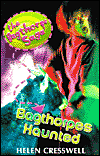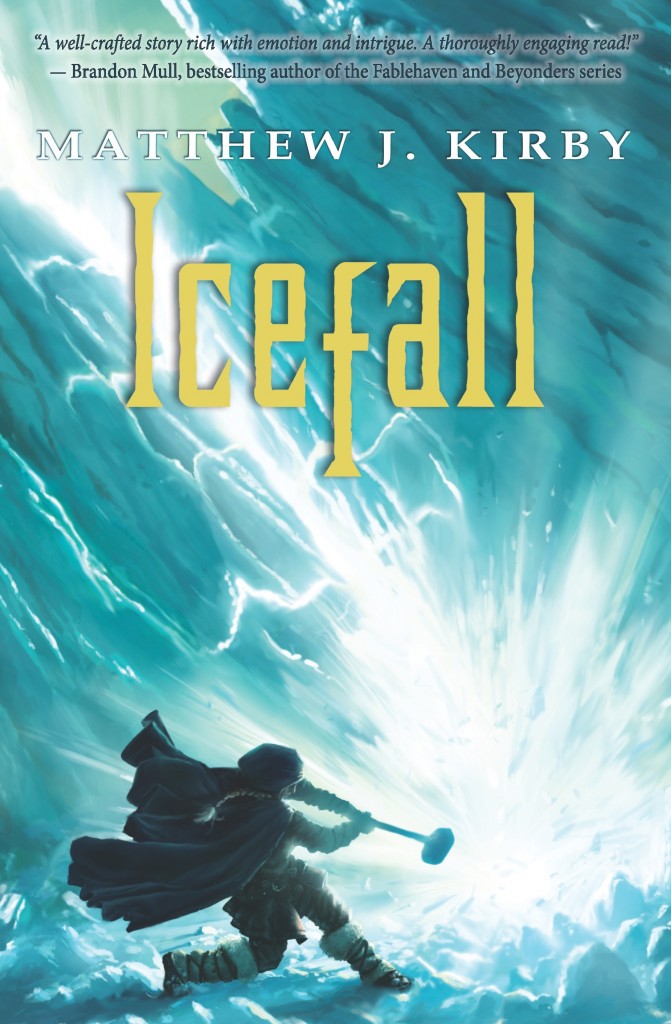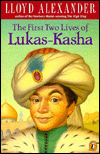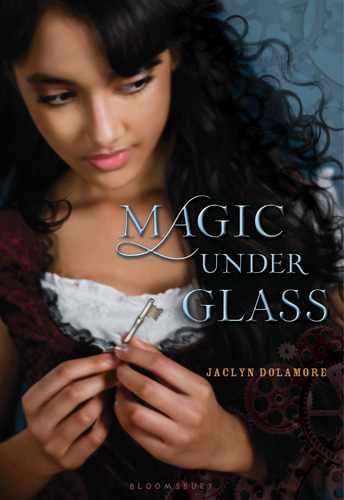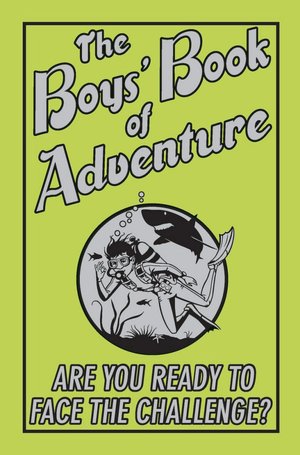I have many reading lists going on -- I'm still plugging away at the
Best of the Best books, I'm searching out state settings for my
Where Are You Reading books, I'm dragging books off consecutive shelves of the library for my
Reading My Library Quest, and I'm working my way through all the
Cybils finalists in all of the book categories. Oh, and this summer I'm trying to work my way through the kidlit shelf of my TBR bookcase. Some of these I do for fun (I like the beauty of my Quest, and the strange places picking a book because it's set in a state I've never visited takes me), but the
Cybils list I enjoy because I'm guaranteed to find some real treasures.
Matthew J Kirby's
Icefall was one such pleasure. It's a finalist in the
Middle Grade Fantasy and Science Fiction section, although it reads more as a history than a fantasy to me. There's no magic, no divine intervention, no runic power. There is a belief in gods and ghosts, a respect paid to dreams and portends, as well as a berserker power in battle that robs men of their sentience, but these seem as real to Kirby's characters as they did in a Sutcliffe novel.

The biggest evidence of my respect for this book is that I never peeked in the back to figure out who survived or who was the traitor. Despite my usual distaste for suspense, I wanted to stay in the dark with Solveig so that I could appreciate her worries and her loyalties. I had my suspicions based on story conventions, but that actually didn't put me much ahead of the protagonist, who spends much of the book training as a skald and learning to cast her own world in terms of narrative and pacing. The vivid and real hardships and dangers were enhanced by the interior stresses and shifts as Solveig spends the winter learning how to value herself despite the expectations of others, and how to appreciate and see the truth about the people around her as well.
Sometimes I ferociously argued against her decisions and actions, but they always felt real and centered around a true personality. The setting and characterizations were strong, and the first person narration both let me see things that Solveig might miss but also taught about her connections with the other characters through what she reported or ignored.
I'm coincidentally reading Kirby's first book at the same time, and though I'm liking it I don't have the same passion as I did for
Icefall. This book I highly recommend, and intend to press upon my younger son (the older one doesn't understand why I took so long to read it).
 The third of my Bagthorpe books, which are #5 - 7 of the ten book series, kept me happy during the tiring extended hours of my vacation flight, a flight that kept stretching longer and including more airports and planes and eventually airport hotels. Helen Cresswell's Bagthorpes Liberated picks up a few hours after the end of Bagthorpes Haunted, which made for a nice grouping; all three books take place in within a week or so.
The third of my Bagthorpe books, which are #5 - 7 of the ten book series, kept me happy during the tiring extended hours of my vacation flight, a flight that kept stretching longer and including more airports and planes and eventually airport hotels. Helen Cresswell's Bagthorpes Liberated picks up a few hours after the end of Bagthorpes Haunted, which made for a nice grouping; all three books take place in within a week or so.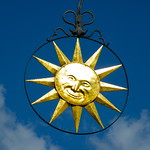 At this point in my exhaustion, the familiarity of the characters was an asset; I could relax into the sparkling dialogue, crazy situations, and extravagant actions taken by all the Bagthorpes. I especially liked the focus on the mom, who decides to push back against the advantages taken by the rest of the family, starting with her husband Henry. Grandma's delight in stirring up trouble takes new heights, as when she successfully passes of a local tramp as an eccentric millionaire. As an added advantages, the way I constantly burst into laughter very quickly cleared me a wide space to stretch out in as I waited for the plane to take off again.
At this point in my exhaustion, the familiarity of the characters was an asset; I could relax into the sparkling dialogue, crazy situations, and extravagant actions taken by all the Bagthorpes. I especially liked the focus on the mom, who decides to push back against the advantages taken by the rest of the family, starting with her husband Henry. Grandma's delight in stirring up trouble takes new heights, as when she successfully passes of a local tramp as an eccentric millionaire. As an added advantages, the way I constantly burst into laughter very quickly cleared me a wide space to stretch out in as I waited for the plane to take off again.